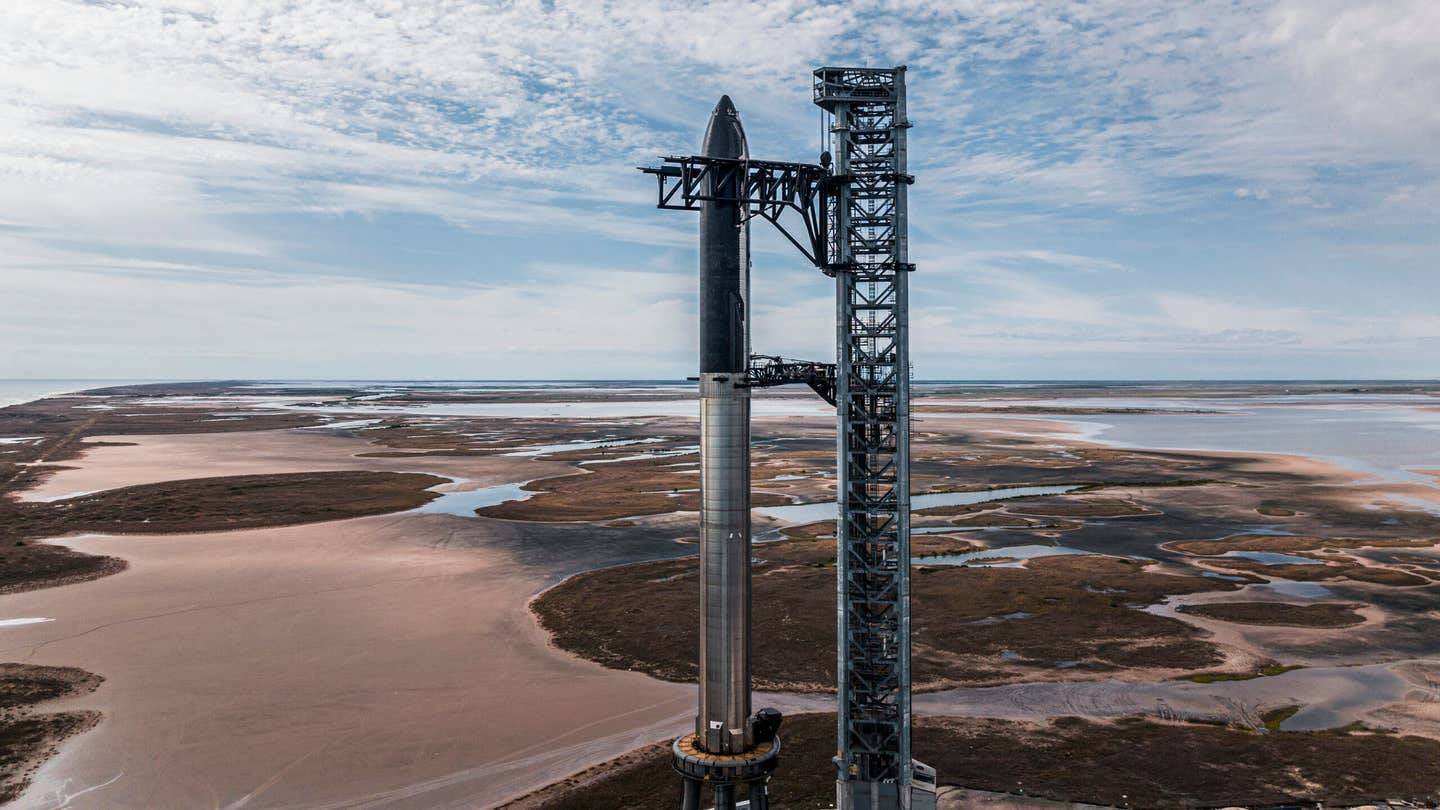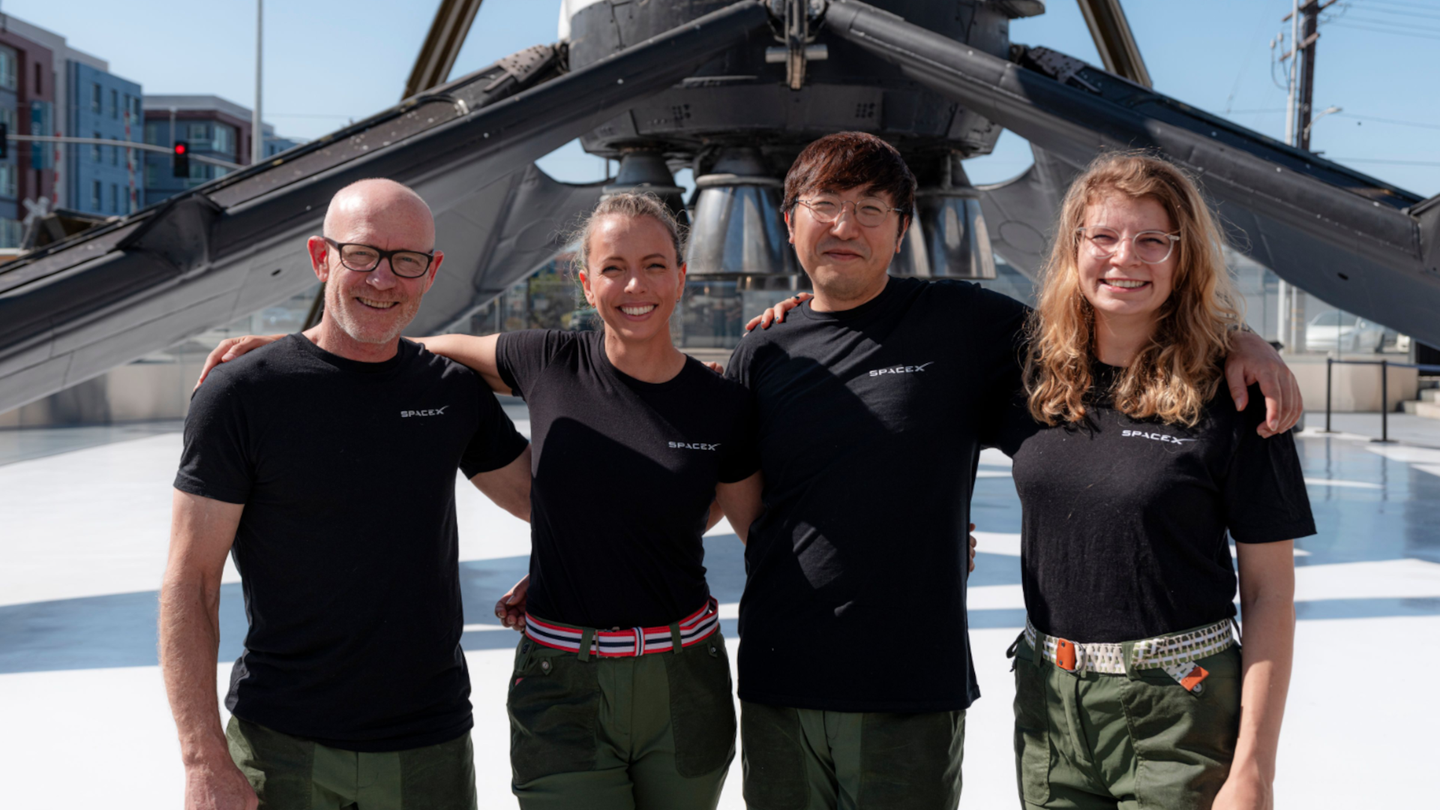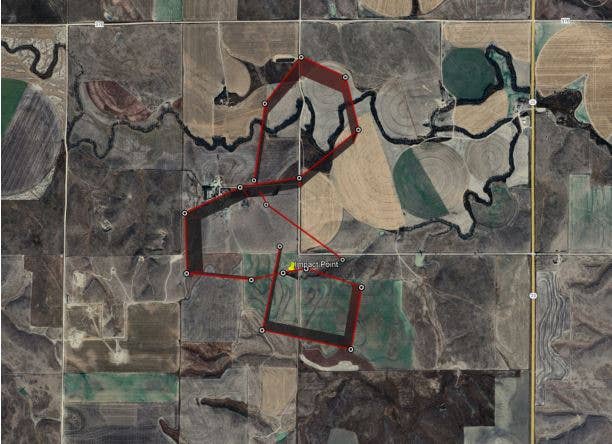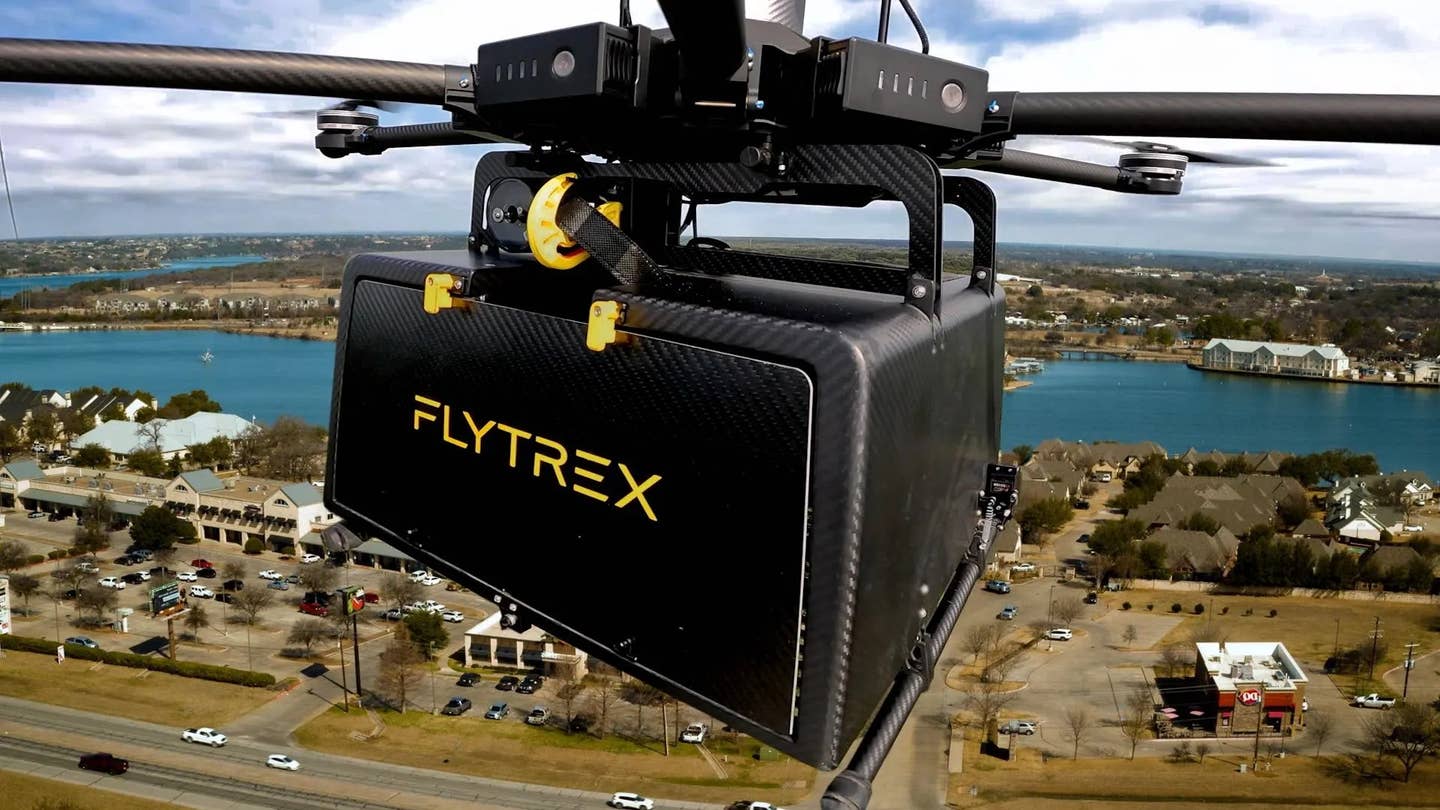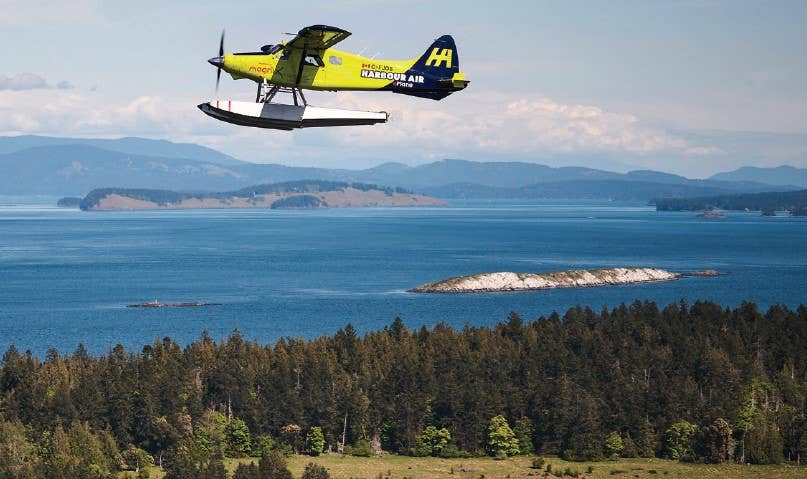City Council Votes To Close Santa Monica Airport
The airport’s closure is set to begin by 2028.
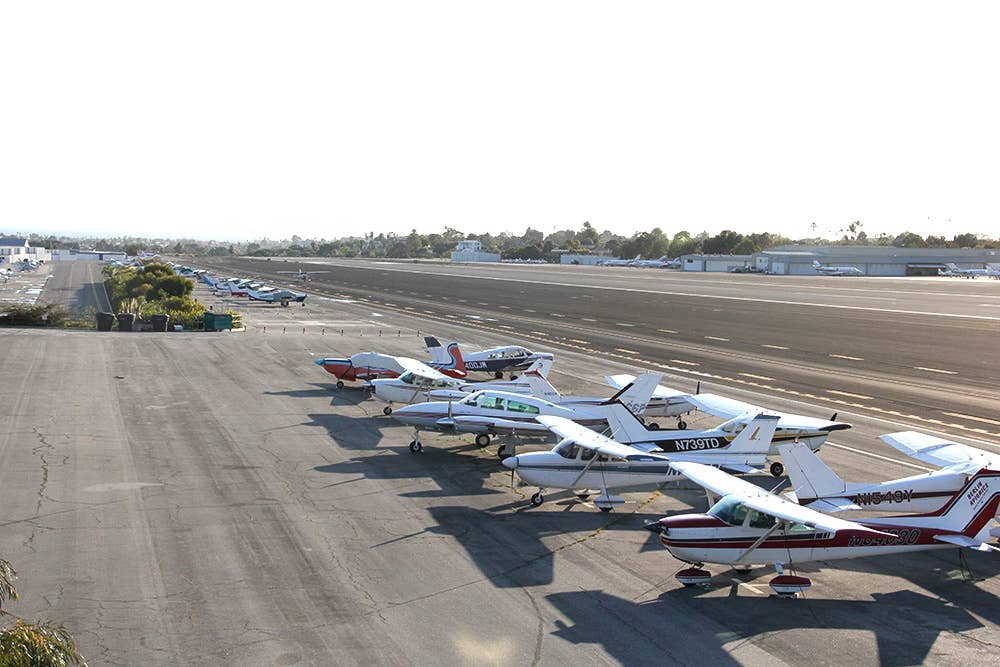
Santa Monica Municipal Airport [FLYING file photo]
The City Council of Santa Monica has voted to begin the process of closing Santa Monica Municipal Airport (KSMO).
The vote, which occurred January 24, was greenlit by an agreement made in 2017 between the FAA and city officials allowing the closure to happen.
According to the FAA, the 2017 agreement "requires the city to maintain continuous and stable operation of the airport for 12 years, until December 31, 2028, and after that the city has the right to close the airport." The agreement also stipulated that the runway at KSMO be shortened from 4,973 feet to the current 3,500 feet.
Aviation groups, including the California Pilots Association and the Aircraft Owners and Pilots Association (AOPA), voiced strong opposition to the reduction in runway length, noting that it would make KSMO unusable for jets that require at least 4,000 feet to operate.
At the time, tensions were high between airport businesses such as flight schools and the city, because the city offered only month-to-month leases. Several flight schools and the airport restaurant closed as such lease terms are not tenable in a business environment.
As part of the city's 2017 agreement with the FAA, the city agreed to allow leases of no less than three years in duration.
The announcement that the city was pursuing closure proceedings in 2028 did not come as a surprise to many in the aviation community, many of whom took to social media to share the news.
About the Property
Santa Monica Municipal Airport covers approximately 227 acres. It was opened in 1922, making it one of the oldest continually operating airports in the U.S. KSMO has one runway, 03/21, measuring 3,500 feet by 150 feet. At one time, the airport was the home of the Douglas Aircraft Company, the manufacturer of the iconic DC-3.
As early as 1958 there were signs the airport was becoming a bone of contention in the southern California community, as that year Donald Douglas asked the city for permission to extend the runway so that the factory could produce the DC-8, one of the first jet-powered transport category aircraft poised for commercial passenger operations. City officials refused, and Douglas relocated its primary factory to Long Beach, California.
Santa Monica became a general aviation airport and reliever field for Los Angeles International Airport (KLAX), located approximately six miles away.
Over the years several neighborhood groups sprang up in opposition to the airport, arguing that the airport, which had been built when it was surrounded by ranches and orchards, was too close to residential neighborhoods—though many homes had been built nearby to house Douglas employees. The anti-airport groups highlighted aircraft accidents, noise, and pollution as reasons to close the field. The pilot community tried to work with the city and neighborhood groups, and Santa Monica became one of the first airports to be known for voluntary noise abatement procedures.
Long, Slow Death
In the 1970s, city officials argued with the FAA that the municipality should have the right to close the airport and redevelop the land, as most of the residents in the city did not want it in their neighborhood. The FAA argued that the airport was part of the nation's transportation infrastructure and required to remain open to satisfy grant assurances.
In 2016 the airport tenants and aviation advocacy groups such as AOPA and the National Business Aviation Association (NBAA) filed complaints against the city for violating leasing policies, implementing an unjust landing fee structure, and diverting airport revenues.
The claims were investigated, and in 2019 Kevin Willis, director of the Office of Airport Compliance and Management Analysis of the FAA, concluded that the city was in non-compliance with federal grant assurances with respect to loans that the city claims it made to the airport, and rates for the airport’s landing fees might not be in compliance with grant assurance rules.
FLYING made several attempts to reach representatives from local aviation groups, including the California Pilots Association, but our inquiries were not answered by press time.
The airport is home to the Museum of Flying at Santa Monica, founded by Donald Douglas Jr., the second president of Douglas Aircraft.
According to Airnav.com, there are 74 aircraft based at the airport. The page also includes information about the airport’s noise curfew and noise abatement procedures. It includes a link to a page with a list of aircraft banned from the airport because they exceed the maximum noise level of 95.0 decibels.
The City's Plans
According to a statement from the city, the airport site will likely be redeveloped for open space, as Measure LC, passed by Santa Monica voters in 2014, allows the city council to approve the development of parks, public open spaces, and public recreational facilities. Real estate development is prohibited on airport land unless approved by voters.
The airport accounts for 4.3 percent of the city's land.
“We know this is an asset Santa Monicans care about," said Mayor Gleam Davis, "and we want to work together to set goals and priorities to meet diverse community needs for the next several generations.”
City officials have outlined a timeline for the airport closure project:
- Consultant Selection: Summer 2023
- Project Initiation: Winter 2023
- Existing Conditions: Spring 2024
- Scenario Planning (Preferred Scenario Approved): Spring/Summer 2026
- Specific Plan Initiation: Fall/Winter 2026
- Consent Decree Airport Closure Authorization: Winter 2028
- Specific Plan Adoption: Fall 2028-2033 or beyond
City officials will soon begin looking for qualified firms to help develop the land and will seek input from the community. This will be followed by a request for proposals that will allow community members and stakeholders to have input on the project.

Subscribe to Our Newsletter
Get the latest FLYING stories delivered directly to your inbox

